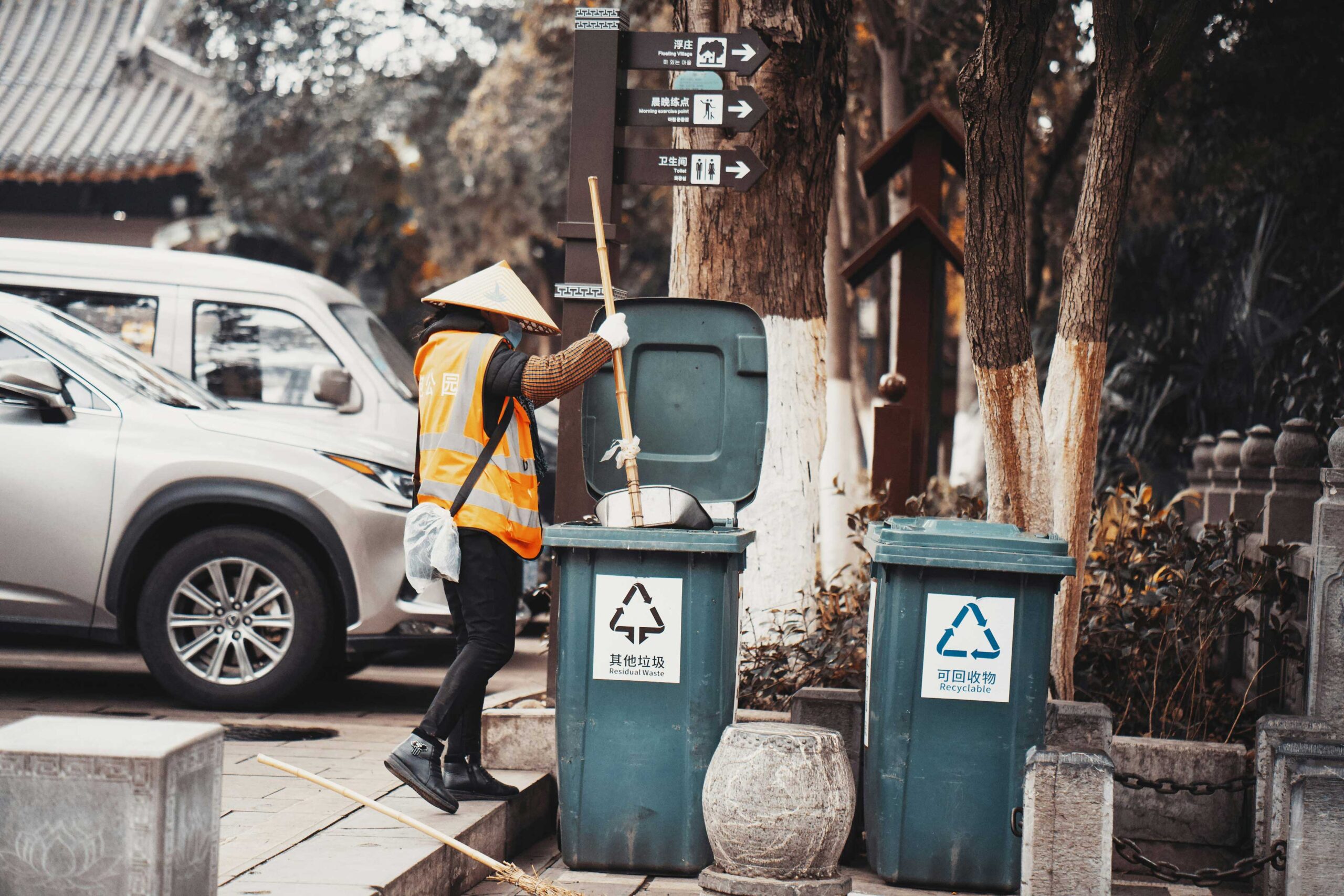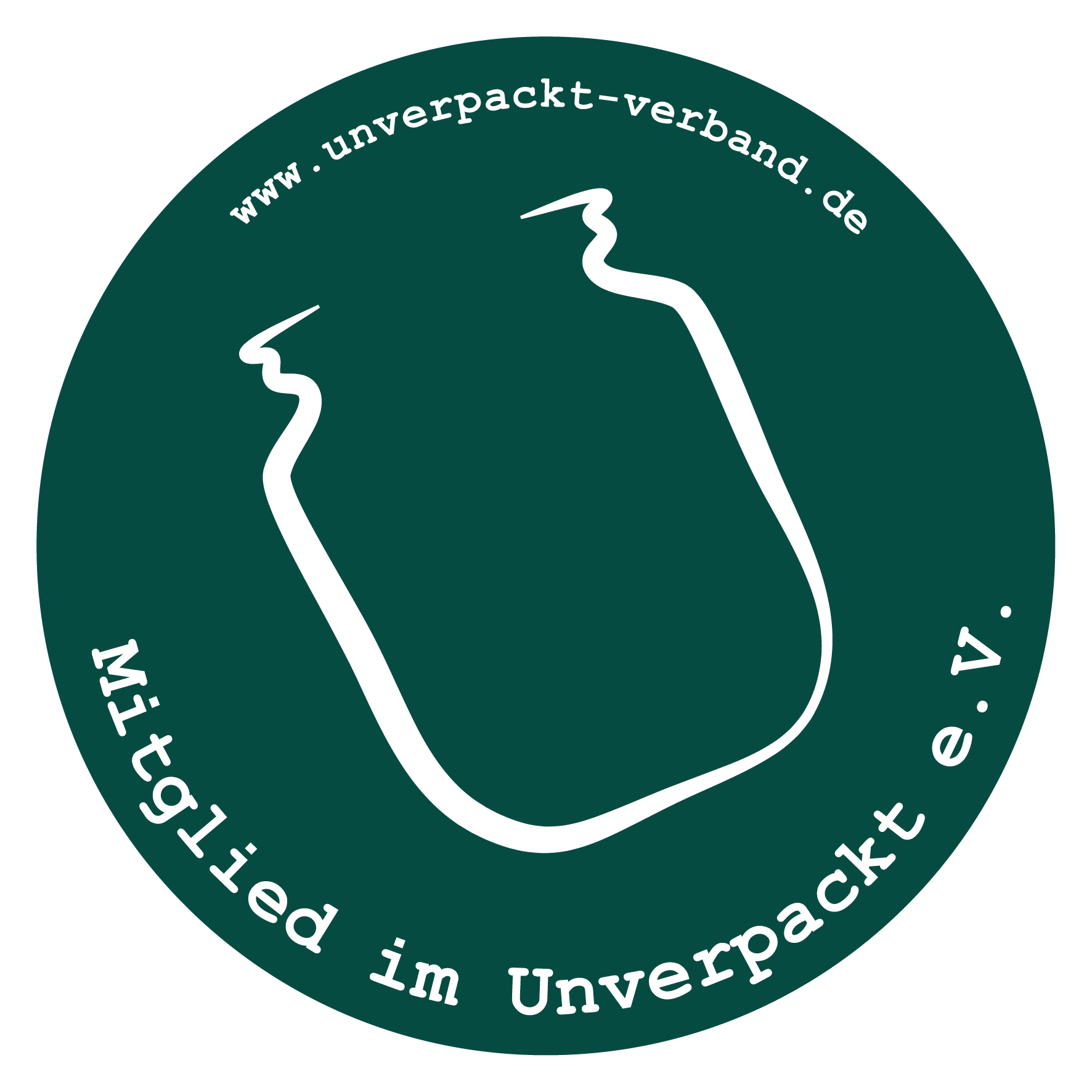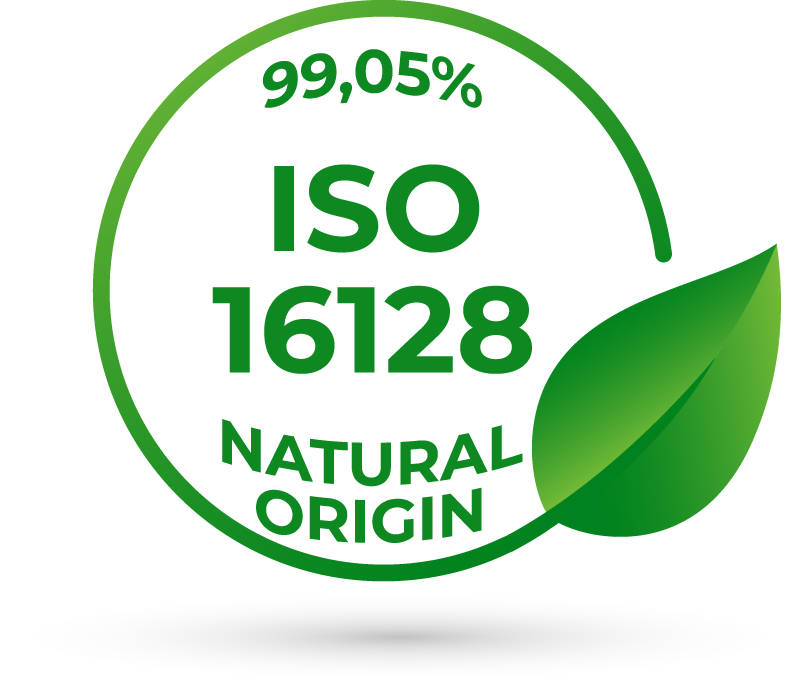Urban farming: how can cities contribute to sustainable cosmetics production?

What is urban farming?
– An introduction to urban farming
In recent years, urban farming, or urban agriculture, has become increasingly important. This innovative practice, which involves growing plants and keeping animals in urban areas, is changing the way we look at our cities and food supply. Urban farming is taking place in a wide variety of urban spaces – on rooftops, in courtyards, community gardens or even in purpose-built buildings.
Modern methods such as hydroponics, aquaponics and vertical gardens are being used to make the most of limited space in cities.
The versatility of urban farming
Urban farming is far more than just a trend. It is a response to the challenges associated with urbanization and the growth of cities. Through the use of unused land and innovative cultivation methods, urban farming enables efficient food production directly on site. This not only has an impact on the food supply, but also on various other areas, including cosmetics production.
Advantages of urban farming for the cosmetics industry
Urban farming has numerous advantages for cosmetics production. These benefits range from sourcing raw materials locally to improving the freshness and quality of ingredients and promoting sustainable farming practices. Let’s look at these benefits in more detail.
Local procurement of raw materials
One of the most significant advantages of urban farming for the cosmetics industry is the ability to produce raw materials locally. Plants such as lavender, chamomile, aloe vera and marigold, which are often used in cosmetic products, can be grown in urban gardens. This local production reduces the need for long transportation routes, which not only simplifies logistics but also significantly reduces the carbon footprint of cosmetic products. The direct availability of raw materials means that companies can not only save costs, but also work in a more environmentally friendly way.
Freshness and quality
The cultivation of plants under controlled conditions in urban farms leads to increased freshness and quality of the raw materials. Compared to traditionally grown plants, which often have long transportation routes behind them, freshly harvested plants contain higher concentrations of active ingredients. This can increase the effectiveness of cosmetic products and help to ensure that the end products are of a higher quality. The controlled cultivation conditions in urban gardens also make it possible to optimize the plants specifically for their cosmetic properties.
Sustainable cultivation methods
Urban farming promotes the use of sustainable cultivation methods that are often neglected in traditional agriculture. These include biological plant protection, composting and the avoidance of chemical fertilizers. These practices not only contribute to soil health, but also help to reduce environmental pollution. Using such methods in cosmetics production not only minimizes the ecological footprint, but also raises awareness of sustainable practices in the industry.
Reduction of packaging waste
Another advantage of local production through urban farming is the reduction of packaging waste. By shortening supply chains, cosmetics companies can reduce the use of costly packaging, resulting in less waste. The direct delivery and processing of raw materials on site minimizes the need for additional packaging and thus reduces the environmental impact. This is an important step towards more sustainable cosmetics production.
Successful examples of urban farming in the cosmetics industry
There are already some remarkable examples of cosmetics companies that have successfully integrated urban farming into their production processes. These pioneers show how urban farming can not only reduce the ecological footprint, but also promote local biodiversity.
Lush
One of these companies is Lush, a British cosmetics manufacturer that runs its own urban gardens. These gardens are used to grow herbs and flowers which are then used in their products. This initiative has not only helped to reduce the environmental footprint, but has also promoted local biodiversity. Lush demonstrates that urban farming is a practical and effective way to promote sustainable cosmetics production.
La Manufacture du Siècle
Another notable example is the French brand “La Manufacture du Siècle”. This brand uses vertical gardens integrated into buildings to grow plants for its cosmetic products. The vertical gardens are equipped with state-of-the-art technology that minimizes water consumption and maximizes productivity. This innovative approach to urban farming is an example of the future of sustainable cosmetics production and shows how technology and environmental awareness can go hand in hand.
The future of urban farming and sustainable cosmetics
Urban farming in cosmetics production is still in its infancy, but the potential is huge. Cities around the world are increasingly recognizing the benefits of this practice and supporting it through funding programs and urban planning. In the future, we could see an even greater variety of cosmetic products made from locally grown and sustainable raw materials. Not only will this further reduce environmental impact, but it will also allow consumers to better trace the origin of their cosmetic products. For consumers, this means that they not only receive more environmentally friendly products, but can also actively contribute to reducing their ecological footprint. By supporting urban farming and consciously buying sustainable beauty products, we can all make a positive contribution to the environment while improving the quality of our skincare.
Conclusion
Urban farming offers an exciting and sustainable solution for the cosmetics industry to reduce its environmental footprint and produce high quality products. Producing raw materials locally, promoting sustainable farming practices and reducing packaging waste are just some of the benefits that this innovative practice brings. Cities can play a central role in sustainable cosmetics production and it is up to all of us to support this development and shape a greener future for the cosmetics industry.









